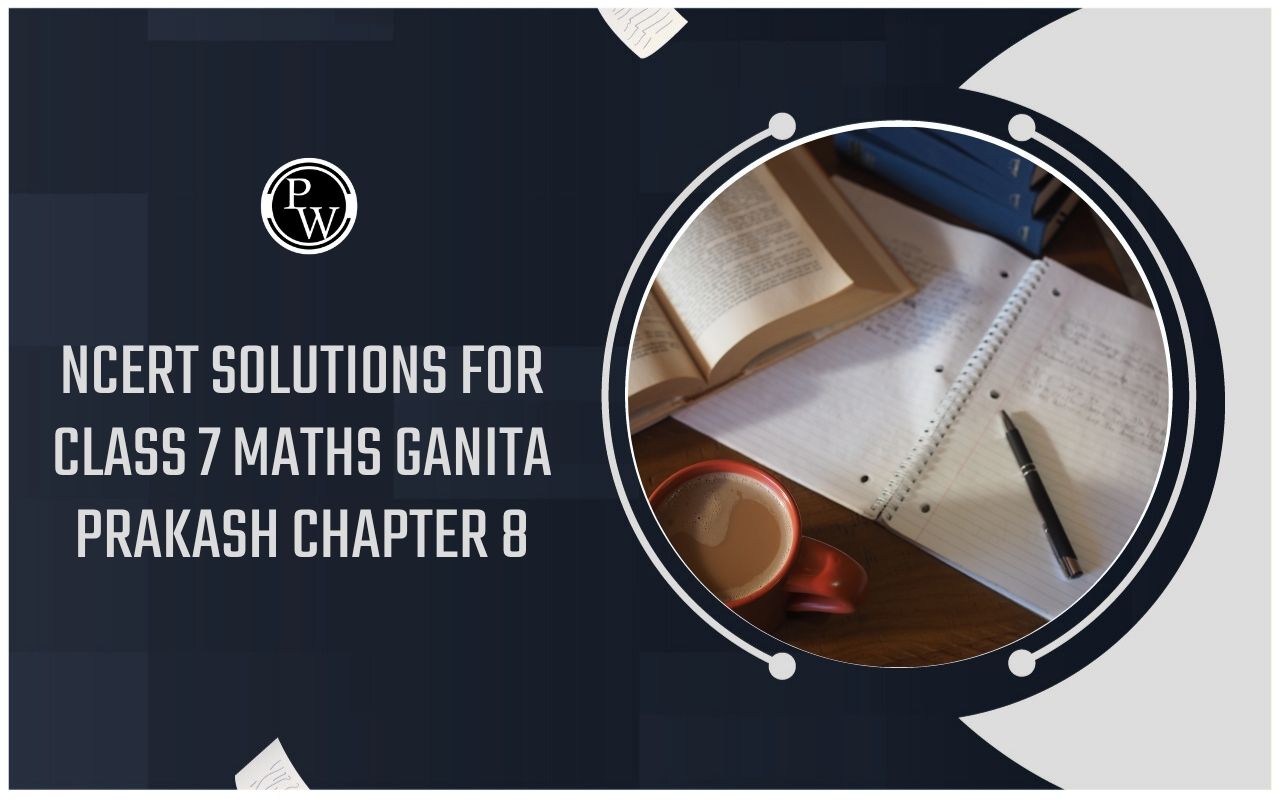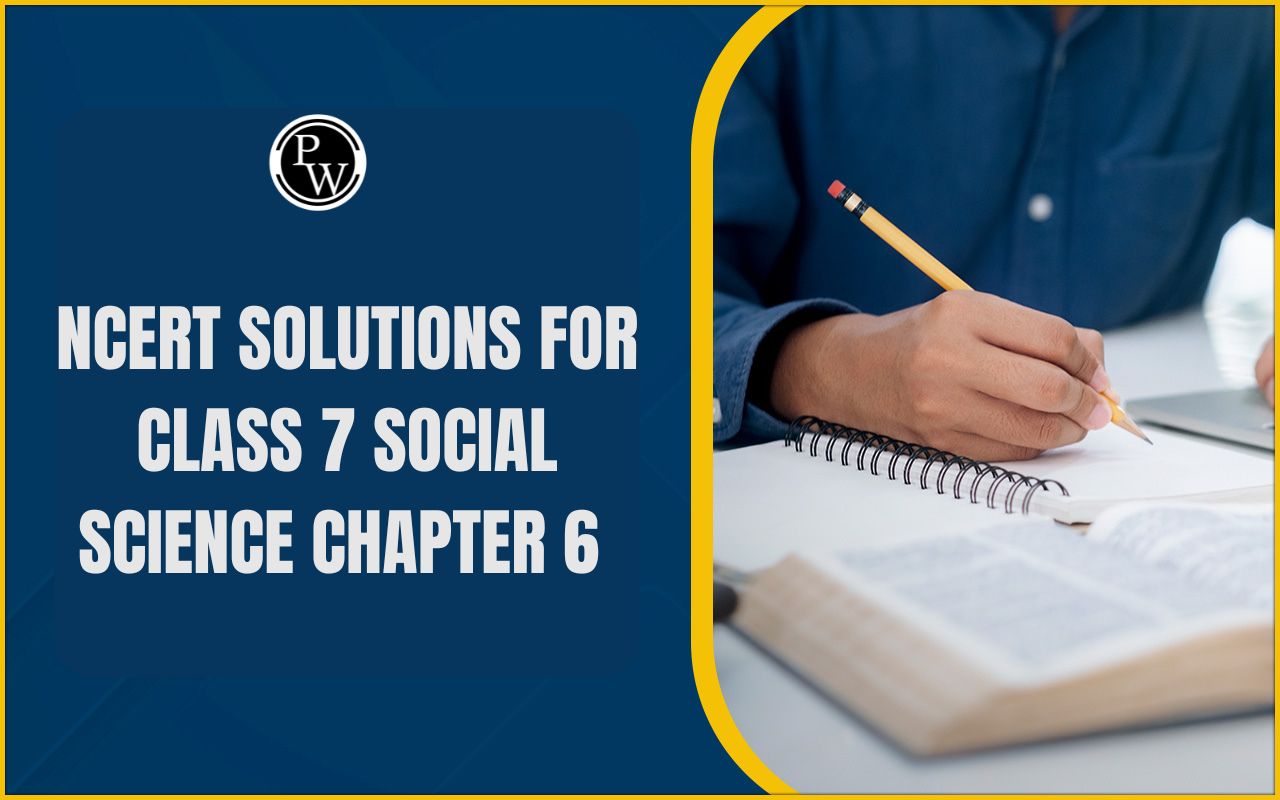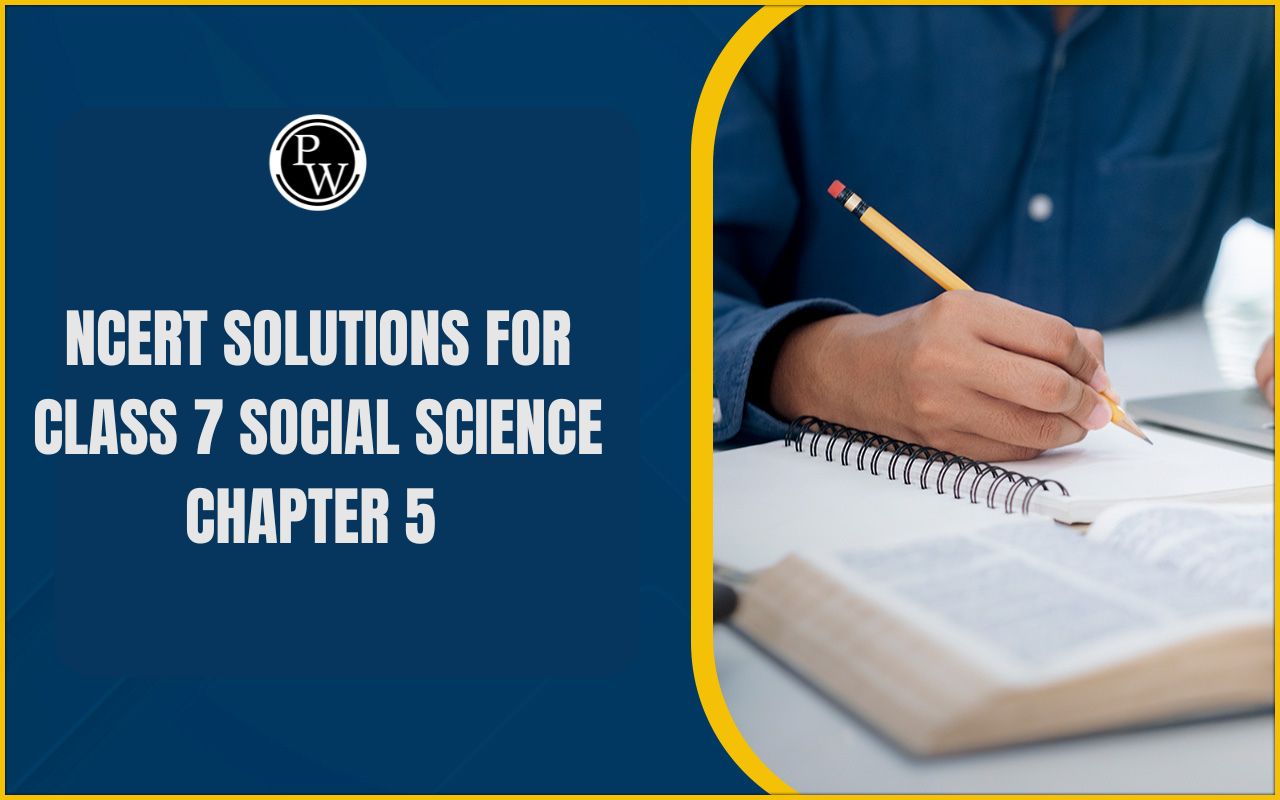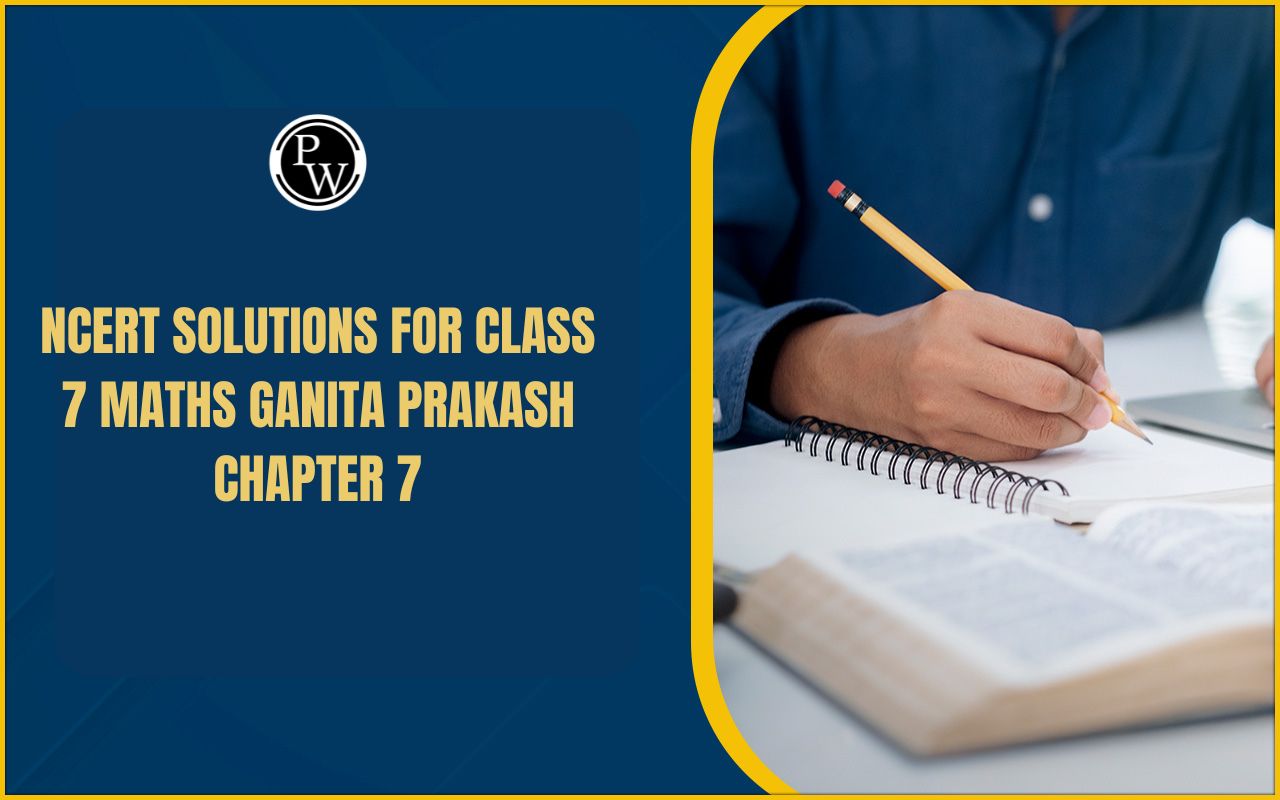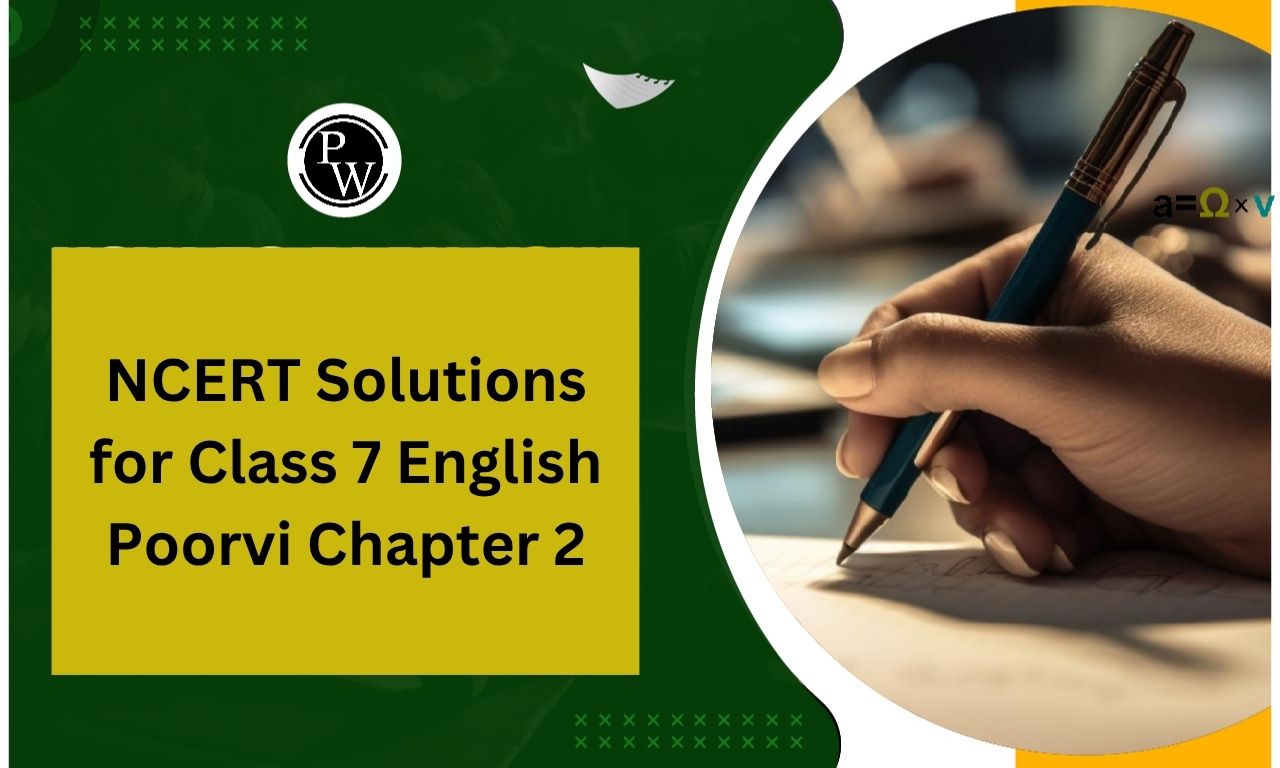
Important Questions for Class 7 Maths: Class 7 Mathematics covers various fundamental concepts essential for building a strong foundation in math. Key topics include integers, fractions, rational numbers, algebraic expressions, linear equations, geometry (including triangles, angles, and circles), and data handling.
Students learn to solve problems related to these topics through step-by-step procedures. Important questions often focus on simplifying algebraic expressions, solving linear equations, calculating areas and perimeters, understanding geometric properties, and interpreting data in charts and graphs. Mastery of these concepts prepares students for higher-level math and strengthens their problem-solving skills for exams.Important Questions for Class 7 Maths
Important questions for Class 7 Maths focus on key topics like integers, fractions, algebraic expressions, linear equations, geometry, and data handling. These questions are crucial for reinforcing concepts and enhancing problem-solving skills. By practicing such questions, students build a strong mathematical foundation, ensuring success in exams and future learning. Understanding these core topics is essential, as they lay the groundwork for more advanced topics in higher grades, helping students develop logical reasoning and analytical abilities.Important Questions for Class 7 Maths PDF CBSE
|
S. No |
Chapter-wise Important Questions for Class 7 Maths |
|
1 |
|
|
2 |
|
|
3 |
|
|
4 |
|
|
5 |
|
|
6 |
Chapter 6 - The Triangle and its Properties Questions |
|
7 |
|
|
8 |
Chapter 8 - Rational Numbers Questions |
|
9 |
|
|
10 |
Chapter 10 - Algebraic Expressions Questions |
|
11 |
|
|
12 |
Chapter 12 - Symmetry Questions |
|
13 |
Features of Important Questions for Class 7 Maths
The features of Important Questions for Class 7 Maths include:Concept Clarity : Questions are designed to help students understand and apply core concepts in topics like integers, fractions, algebra, and geometry.
Diverse Problem Types : Includes multiple-choice, short answer, and long answer questions to cater to various learning styles.
Application-Based : Emphasizes real-life applications to enhance practical understanding.
Step-by-Step Solutions : Provides clear solutions to help students grasp problem-solving techniques.
Exam-Focused : Aligned with syllabus and exam patterns to ensure effective exam preparation.
Benefits of Using Important Questions for Class 7 Maths
Using Important Questions for Class 7 Maths offers several key benefits, which contribute significantly to a student's academic growth:Improved Concept Understanding : By practicing important questions, students gain a deeper understanding of key concepts like fractions, algebra, geometry, and data handling. These questions help reinforce the theoretical knowledge learned in class and ensure better retention.
Enhanced Problem-Solving Skills : Important questions present a variety of problem types, helping students develop and refine their problem-solving abilities. This variety prepares them for both simple and complex questions, making them adaptable to different exam formats.
Boosted Confidence : Consistent practice of important questions builds confidence. As students see their improvement and become familiar with the types of questions asked in exams, they feel more assured of their abilities to handle the subject under exam conditions.
Better Exam Preparation : These questions are often aligned with the exam pattern, making them an essential tool for preparing for school tests and board exams. Regular practice helps students identify important topics and focuses their revision efforts on the most frequently tested areas.
Time Management : Solving important questions within a time limit helps students develop time-management skills. It enables them to tackle exams efficiently by improving their speed and accuracy.
Real-Life Application : Many important questions incorporate real-life scenarios, helping students understand the practical applications of mathematical concepts. This not only makes learning more engaging but also shows students the relevance of math in daily life.
Important Questions for Class 7 Maths FAQs
Which is the most important chapter in maths class 7?
How to improve Maths class 7?
What is the BODMAS rule?
Is Class 7 important?
How to score 99% in class 7?

